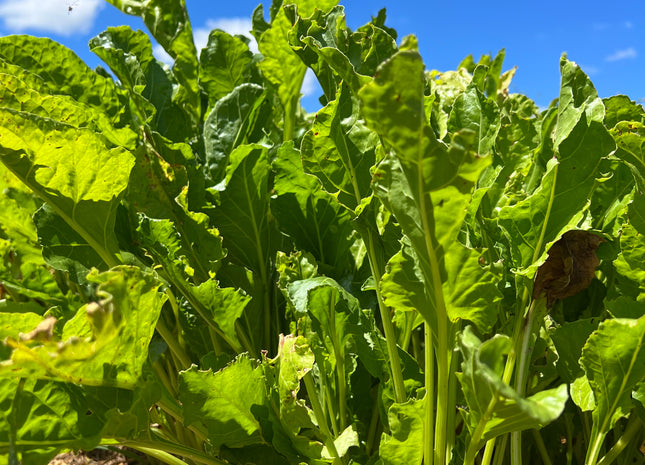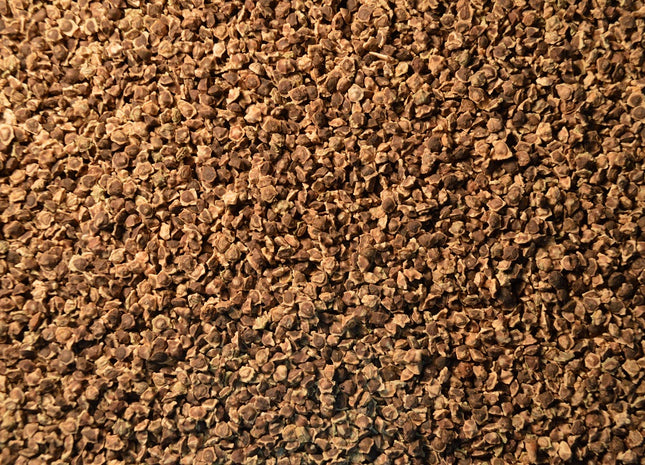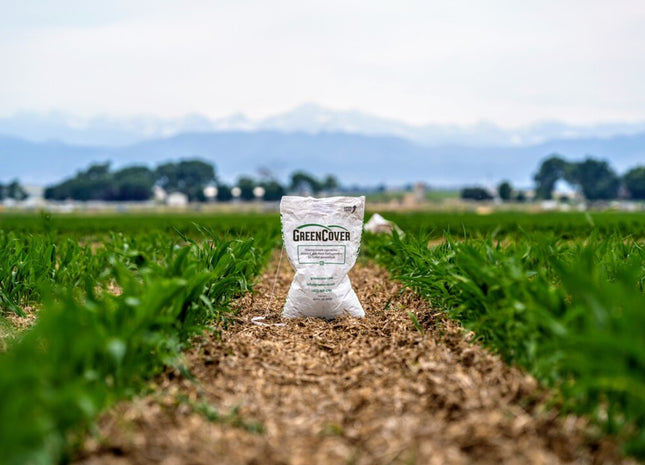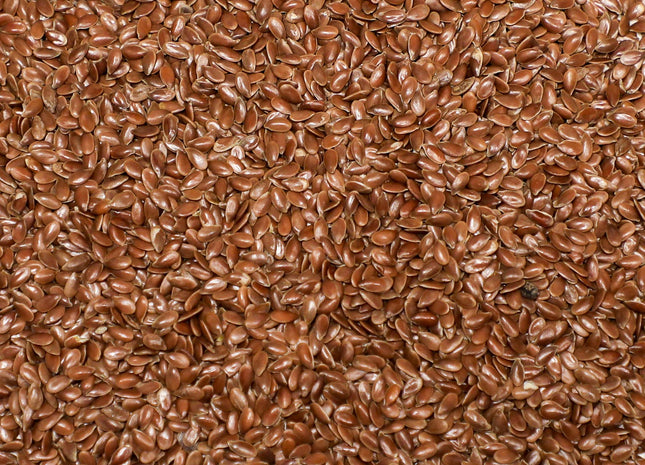Browse our extensive lineup of monoculture cover crop seeds.
Looking for a diverse cover crop mix? Browse Pre-Made Mixes or Food Plots.
Single Species Seed


Flax (Brown)
Flax can be utilized in many small grain and corn rotations as a potential cover crop or fiber/oil crop. Compared to other common crops, overall nutrient demand is lower and very little nitrogen is needed. Vegetative growth normally requires 50 days before flowering occurs but after this flowering can last 2-4 weeks. Flax can be utilized as a green manure if terminated early enough but take caution if attempting to cut too late as lignin/cellulose content increase with maturity and would hamper decomposition. Nearly 95% of the water flax extracts from the soil is in the top 2-3 feet because of its shallow root structure. Water use is considered moderate with respect to other field crops, but flax uses about 3-4 inches less than soybeans. This is primarily due to the fact that the leaves of flax are generally numerous but leaf area is limited and thus ET is lower. As mentioned before, this species is an excellent companion crop next to other species in an early season mixture. Flax is generally a self-pollinated crop but pollinating insects are attracted to the various blue/purple colors of the flowers. Because flax is a broadleaf species, most diseases associated with it will not transfer over and cause infection to corn, soybeans, or wheat with the exception of powdery mildew and rhizoctonia after legumes.
from $1.15 per lb


Sugar Beets Non-GMO
Sugar beets, a versatile broadleaf plant, bring a deep taproot and ample frost resistance to your cover crop arsenal. Their robust taproots can penetrate stubborn hardpans, with the majority of root growth hidden beneath the surface. These carbohydrate packed plants are a preferred choice for both wildlife and livestock. When grazed early, they display remarkable regrowth potential.
from $4.05 per lb

Spring Lentil (Green)
These green spring lentils thrive in cool, dry conditions where they can remain relatively free of disease, hence they are commonly grown in the northern Great Plains. With a shallow rooting structure that doesn't have the ability to reach subsoil moisture, lentils are a great option in front of cereals or deep rooting crops. If excessive moisture is present during the growing season it will delay plant maturity. This will be excellent for producers who want to plant a summer fallow mixture where the mix can continue to grow under ideal conditions. Lentils are known for their ability to emerge through thick cereal stubble due to their strong seedling vigor. With rapid seed germination, seedlings generally out grow the threat of insects or disease pressure during establishment. Lentils can also house mycorrhizal fungi. Mature lentil straw can be an option for feed as it is much higher in crude protein, digestibility and palatability when compared to cereal straws.
from $0.95 per lb
- Out of Stock


Organic Brown Flax
Note: This product is certified organic. Flax works well as a cover crop in many small grain and corn rotations. The overall nutrient demand for flax is low and very little nitrogen is needed. Because flax is a broadleaf species, most diseases associated with it will not transfer over and cause infection to corn, soybeans, or wheat with the exception of powdery mildew and rhizoctonia after legumes. Flax can be utilized as a green manure if terminated early enough but take caution if attempting to cut too late as lignin/cellulose content increase with maturity and would hamper decomposition. Pollinators are attracted to the various blue/purple colors of the flowers that can last for 2-4 weeks.
from $1.92 per lb






